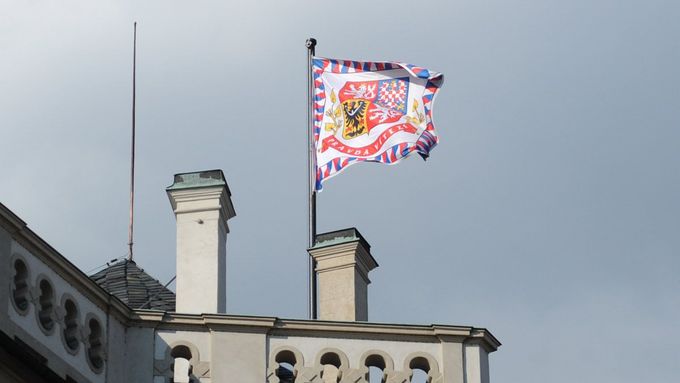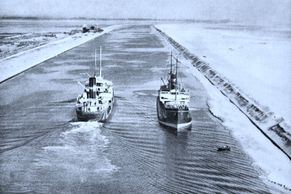Prague - The Czech Republic's first-ever direct presidential election will end up in court.
Klara Samkova, a lawyer and unsuccessful presidential candidate, said to Aktualne.cz that she will file a lawsuit against the law on direct presidential election to the Constitutional Court.
The court may pass a preliminary measure to delay or even cancel the election planned for January.
Samkova refused to give any details on her planned lawsuit: "I am not going to comment on the actions I have not yet filed."
Both leading presidential candidates hawkish on Iran
Watchdog to scrutinize presidential campaign financing
The possibility of a "freeze" on the January presidential election had been already admitted by Constitutional Court chairman Pavel Rychetsky in October.
Samkova had failed to collect the needed 50,000 signatures of legitimate voters required for a presidential candidacy, but had filed her candidacy anyway.
Shortly after Samkova's announcement, the Interior Ministry said that the candidacies of Jana Bobosikova, Tomio Okamura and Vladimir Dlouhy failed to meet the required conditions and were excluded. The ministry specified that the three candidates did not collect the necessary 50,000 signatures of legitimate voters.
The unsuccessful candidates have two days to appeal against the verdict to the Supreme Administrative Court.
However, they may also appeal to the Constitutional Court, a move that would probably delay the January vote.
Each of the three candidates had submitted approximately 60,000 signatures, but the ministry ruled a large part of them invalid, leaving the three candidates below the necessary 50,000 threshold.
According to the Ministry, Bobosikova collected approximately 45,000 valid signatures, Dlouhy 39,000, and Okamura only 36,000.
The electoral commission's chief Vaclav Henych said that the most common error in the submitted signature lists were signatures of people under 18 years of age and non-Czech nationals - neither of these two groups have the right to vote in the Czech Republic.






